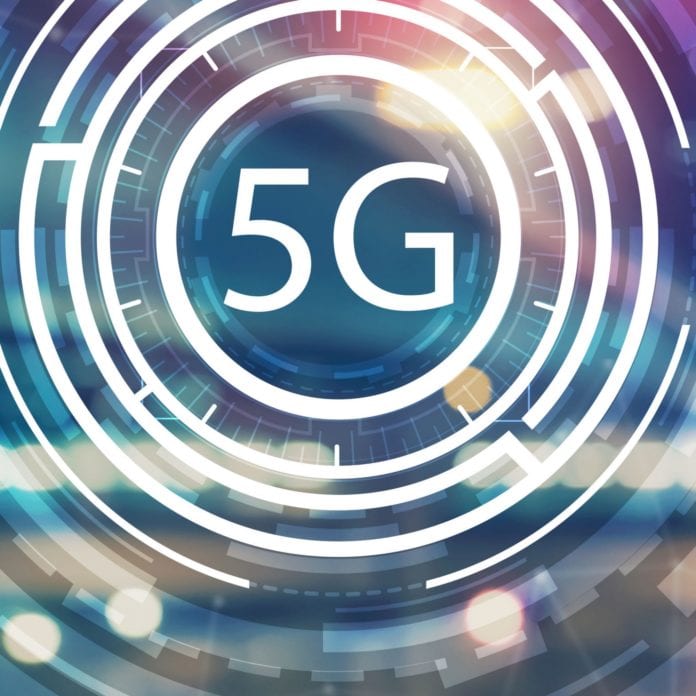Nokia signed an agreement with Korean operator LG Uplus to expand 5G coverage by installing small cell solutions from Nokia’s AirScale portfolio across the country, Nokia said in a release.
Under the terms of the deal, Nokia will install its small cell AirScale Indoor (ASiR) systems in a range of indoor locations, including shopping malls and office buildings. Composed of Nokia’s Digital Baseband unit and ASiR-pRRH solution (pico Remote Radio Head), the system features multi-operator and multi-band support and will enable LG Uplus to provide 5G connectivity.
The Finnish vendor noted that the ASiR indoor system can be deployed in strategic locations when additional capacity is required and is ideal for both consumers and enterprise customers. Nokia also highlighted that ASiR facilitates a simple service upgrade to 5G New Radio with minimal on-site working if required, and features a web-based manager, enabling remote configuration without need for a separate application.
“Nokia’s AirScale system will help provide seamless 5G connectivity in indoor locations and environments. Its cost-effective, flexibility and compact design enables us to enhance our 5G offering,” said DaeHee Kim, SVP and head of LG Uplus’ network infra technology group.
“We are delighted to have been chosen by LG Uplus to provide infrastructure that will be critical to a seamless 5G experience,” saud Tommi Uitto, president of Mobile Networks at Nokia. “Having worked with LG Uplus on a number of other recent projects, we believe the AirScale system is the right choice to complement existing solutions and enable next generation 5G connectivity.”
LG Uplus also uses 5G equipment from Huawei, Samsung and Ericsson. The operator launched 5G service in April 2019 along with rivals SK Telecom and KT.
South Korea ended February with 13.66 million subscribers in the 5G segment after a net addition of 792,118 subscribers during the month, according to data from the Ministry of Science and ICT.
SK Telecom had the largest number of 5G subscribers at 6.35 million, followed by KT Corp. at 4.16 million and LG Uplus at 3.15 million.
South Korean telecom operators currently provide 5G services via non-standalone 5G networks, which depend on previous 4G LTE networks. The country’s three operators launched 5G technology in April 2019, and 5G networks are available mostly in large cities.
SK Telecom, KT and LG Uplus are currently preparing to commercialize new technology, such as Standalone versions of the 5G networks and millimeter-wave 5G.

